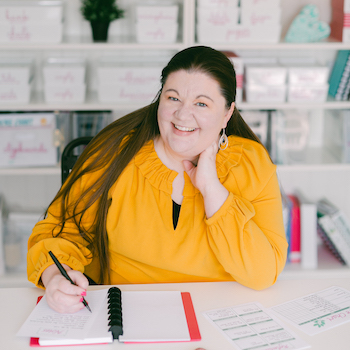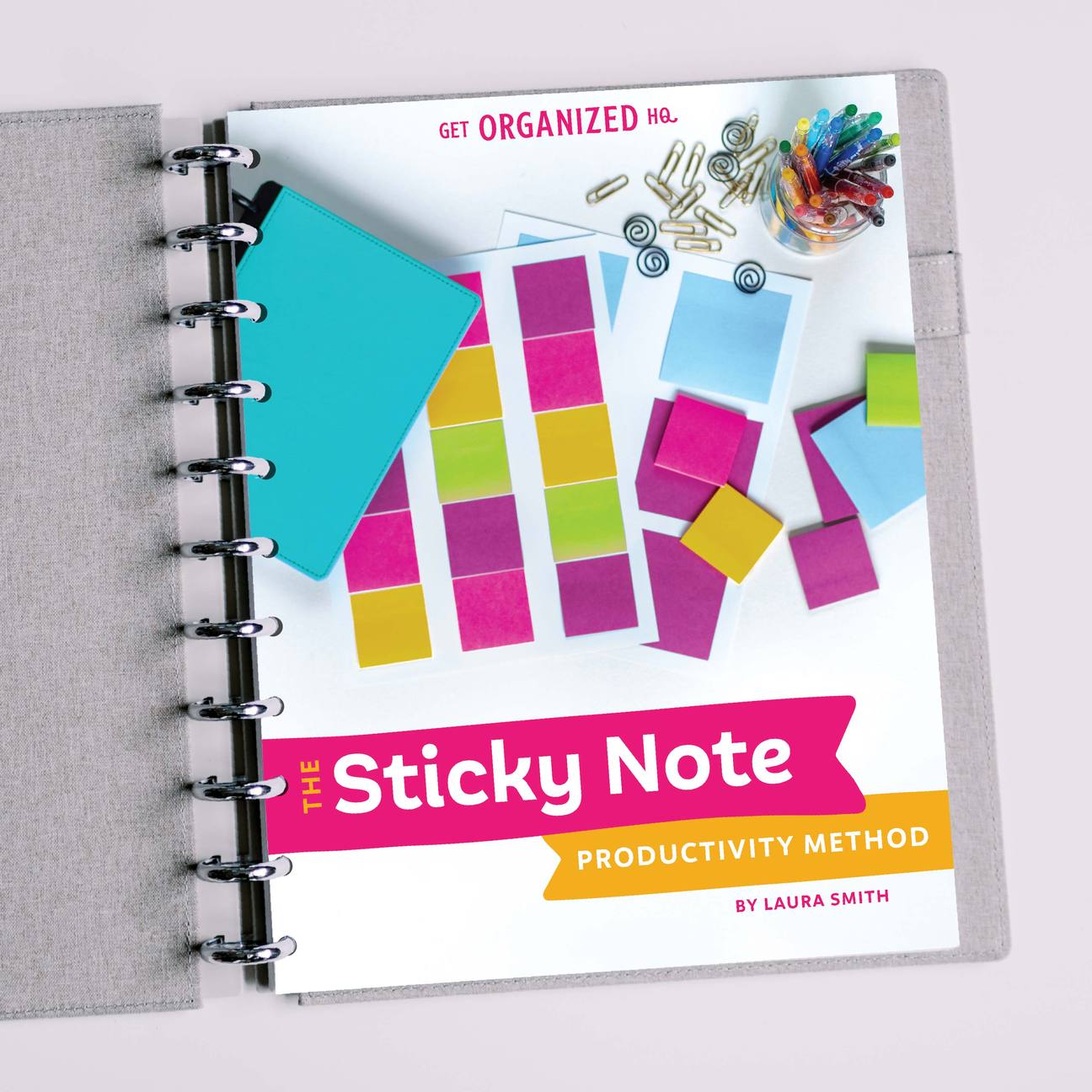Involving Your Kids in Meal Time & Prep Routines with Katie Kimball
Tasha talks with Katie Kimball, the CEO of Kitchen Stewardship and founder of Kids Cook Real Food and asks for her tips on teaching children life skills in the kitchen, advice for when we as adults aren’t great in the kitchen, and making it a positive experience for all.
LINKS IN EPISODE
- Katie Kimball's Blog
- Katie Kimball's Instagram
- Podcast: https://kidscookrealfood.com/podcast/
- Monday Missions
- Episode Transcript
WHERE DID KATIE START?
Katie started making changes with baby steps. She first needed to decide what change she was going to make first and it took a couple of days for her brain to get into the right place.
She knew the changes need to come one at a time, so she started out sending Monday Missions. She actually chose the mission the Wednesday before she would have the time to get her brain ready to go on Monday with that baby step.
Changes don’t always have to be in the routine. You can just make a switch. Maybe you switch from margarine to butter, or from a conventional sunscreen to a more natural one. These small changes are a huge way to get some momentum.
MEAL TIME HACKS
Katie says it’s important to have some good meal routines. For her, it’s little bit of meal planning. Ideally, you’d have three to seven days planned, but at a minimum make sure by lunchtime you know what you’re going to have for dinner.
But when you have a few days planned out you can do some connected meal planning, making sure you’re using everything you buy, which is good for your budget and good for your stress.
SHOPPING ROUTINE
Katie doesn’t actually go grocery shopping these days. She orders online and has them delivered. She keeps a paper list with Aldi products to order on one side and items to pick up from Costco on the other.
GOOD ROUTINES
The qualities of a good routine are that they are functional and they are things we can do consistently. Our routine should make things easier for us by being relatively effortless.
BRINGING KIDS INTO THE PROCESS
Katie feels a lot of parents feel that their kids aren’t as capable as they really are. They are actually very capable. As parents, we just need us to raise the bar a little higher.
Enforce that everyone is a part of the family team, and it’s important that everyone works together by showing them that they can be responsible contributors to both family life and society.
THE ROLE OF GRANDMAS
Grandmas play an important role in this paradigm. We all have memories of baking with our grandma. A new way grandmas can make a shift is by teaching skills such as using a paring knife or learning to garden. Learning these skills raises the child’s self esteem and gives them the confidence that they can do hard things.
Grandmas have that unique ability to make things more fun and are generally more patient than mom. Take advantage of this by teaching them these life skills.
WHEN THE PARENTS STRUGGLE WITH COOKING SKILLS
A lot of us didn’t grow up learning skills in the kitchen, which is why Katie created Kids Cook Real Food. If we are not confident in the kitchen, we won’t be able to pass those skills on to our kids.
We should create an environment where we are all lifelong learners and where kids see that the adults don’t know how to do everything. Find a video and learn these skills together. We don’t have to start with difficult things, but something really easy such as washing produce with a smaller child is a great start.
Remember to stay patient and make sure that this is a positive experience, which is where grandmas often excel, but when the child enjoys it, they’ll want to come back and do it again.
WHEN WE ARE STRESSED
Sometimes trying to get dinner ready is stressful, and allowing your child to help in that moment would be a negative experience. In those instances, say “yes, and”. For example, if they ask to help, respond with “Yes, and we’re going to plan tomorrow after snack to learn a new skill.”
MEAL PLANNING CONSISTENCY
Katie says the key to meal planning consistently is understanding your own personality. Some people love to have a meal routine they follow every week. For others, they would be bored and feel constrained.
What works for Katie is to have a variety, but also have some “come home to” meals. She says if you can plan a whole week, you’ll be able to get that balance.
CONNECTED MEAL PLANNING
Connected meal planning is when you go to make a recipe and you need a pound of ground beef crumbled and browned, but then you’ll also need another pound a couple of days later.
By browning two pounds at the same time you are saving your future self some work, which also reduces food waste.
WHEN YOU DON’T LIKE PLANNING AHEAD
If planning ahead isn’t your thing and you have no idea what your later self will want to eat, have a list of your “go to” recipes ready. It will be especially helpful, though, if you can at least make sure that you have those ingredients always stocked.
Having a list of two to five “go to” meals planned out with the ingredients on hand will keep you from feeling like you’ve dropped the ball and now the only option is to get take out.
Going out to eat should be something you can look forward to and something you know you’ve budgeted for. So, if you can have a plan for the day, knowing what you are making for dinner that night, your stress levels will be cut by at least 50%.
ONE MORE HACK
Katie has one more hack which is making big batches of homemade broth. It’s cheap and takes hardly any time. When you have this on hand, you already have a variety of options of what you can make and the first step has already been taken.
KEEP A RECORD OF MEALS THAT WORKED
Whether it’s using physical recipes or if you are saving recipes from Pinterest, keep the recipes that worked for your family separate from the ones you want to try.
Tasha prefers creating recipes from her phone and has created a dedicated Pinterest board just for the recipes she wants to go back to again.
Katie is a paper girl and prints off all recipes she’s interested in, but then has one folder for recipes to try, and one for her standbys.
KIDS PREPARING MEALS
Katie says she is at a very fortunate place where three of her four kids make one meal a week, which means she has three nights off from planning and cooking meals. While it is work to teach the kids how to cook, the investment really pays off.
Another benefit to point out to your kids is that when they don’t like something that you have prepared, you can remind them that when they are the cook, they get to decide what the meal will be.
Teaching kids to cook will overall help them build a better relationship with food and give them confidence. There really aren’t many downsides.
MAKING THE KITCHEN FLOW BETTER
When you are going to have a variety of ages working in the kitchen there are a few things to consider. First, for small children, get down on their level and notice what they can see and reach.
Consider work zones that will work when multiple people will be in the kitchen. Smaller children work well at the kitchen table. They are out of the adult’s elbow room and it’s also the right height for them.
You also want to have multiples of the tools necessary such as cutting boards, peelers, and knives in a variety of sizes. When trained properly kids can safely use knives, but they need to fit their hands well.
GROCERY SHOPPING
While some of the cooking responsibilities have been passed on to the kids, Katie still serves in the role of “hunter and gatherer” by doing all of the grocery shopping. Her daughter is now at an age where she feels confident that she could do the shopping and that is something Katie will need to pass down at some point.
She also takes her kids to the store with her. They were able to see (and be shocked by) how much food costs, which is a good experience for them to see why we don’t waste food.
KEEP IT REALLY POSITIVE
Overall, Katie says to make sure you keep the experience really positive. One way to do this is by thanking them for their contribution, no matter how large or small it was. It creates a positive loop where they feel good about their effort and want to do it again.
LESS STRESS & MORE PEACE
The thing that is bringing Katie less stress and more peace is what she calls leaving a little cookie crumb trail for herself. What she means by this is that when she thinks of something, she has to write it down on a sticky note or put it in her calendar. This helps get it all out of her brain by using her digital calendar with reminders.







 Copyright 2025, Get Organized HQ.
Copyright 2025, Get Organized HQ.